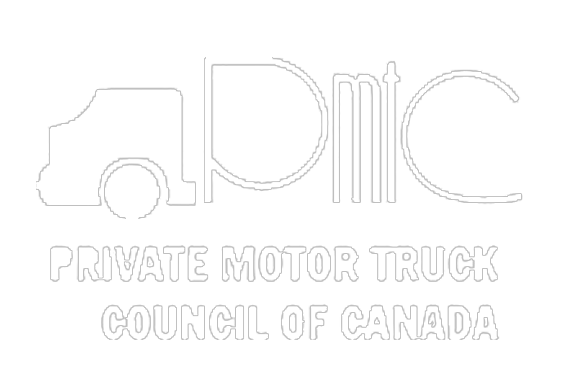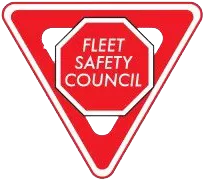A good night’s sleep is very important in our industry. I can’t count the number of drivers I’ve encountered who look like the walking dead from lack of good sleep, so plan your daily sleep period. Everyone’s sleep requirements are different, so pay attention to your own. Some drivers need 8 or 9 hours of sleep a night, others are fine with 5 or 6. When you do get parked for the night, take care of your personal needs as soon as possible. Have your supper, shower, shave, brush your teeth, etc. then you have some free time to finish winding down from your day. Myself, I’m good with 5-6 hours of sleep a night, so I’ll putter around for 2-3 hours watching TV, walking, eating, whatever. An hour before I plan to go to sleep, the phone, TV and iPad are shut down and put away. Staring at the screen has been proven to be detrimental to falling asleep. For this last hour,‘I pull out an old fashion book (not an E-reader) and read a few pages.
Being comfortable is also important to getting a good night’s sleep. Try to park on as level a surface as possible. If you have to park on a hill of any kind, always park in a position so that your head is higher than your feet, and the front of the truck is higher than the back.. Whether your truck is equipped with an APU, or if you need to idle for warmth, set the temperature accordingly, and make sure you either open a bunk vent, or leave a window open about 1/2 Inch. First off, you’ll want some fresh air circulating to halo you sleep better, and secondly,’the fresh air will regulate the humidity level in the truck. You don’t want to wake up with dry, itchy eyes, and dry sinuses and nasal cavities from low humidity.
In the morning, take some time to properly wake up before getting behind the wheel. Have breakfast, wash up, brush your teeth, etc then start your pre trip inspection, and off you go.



















